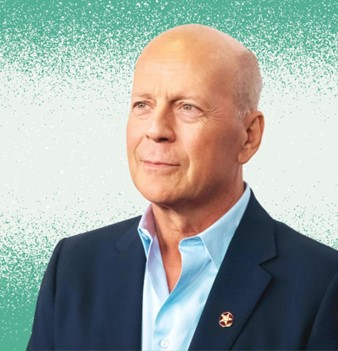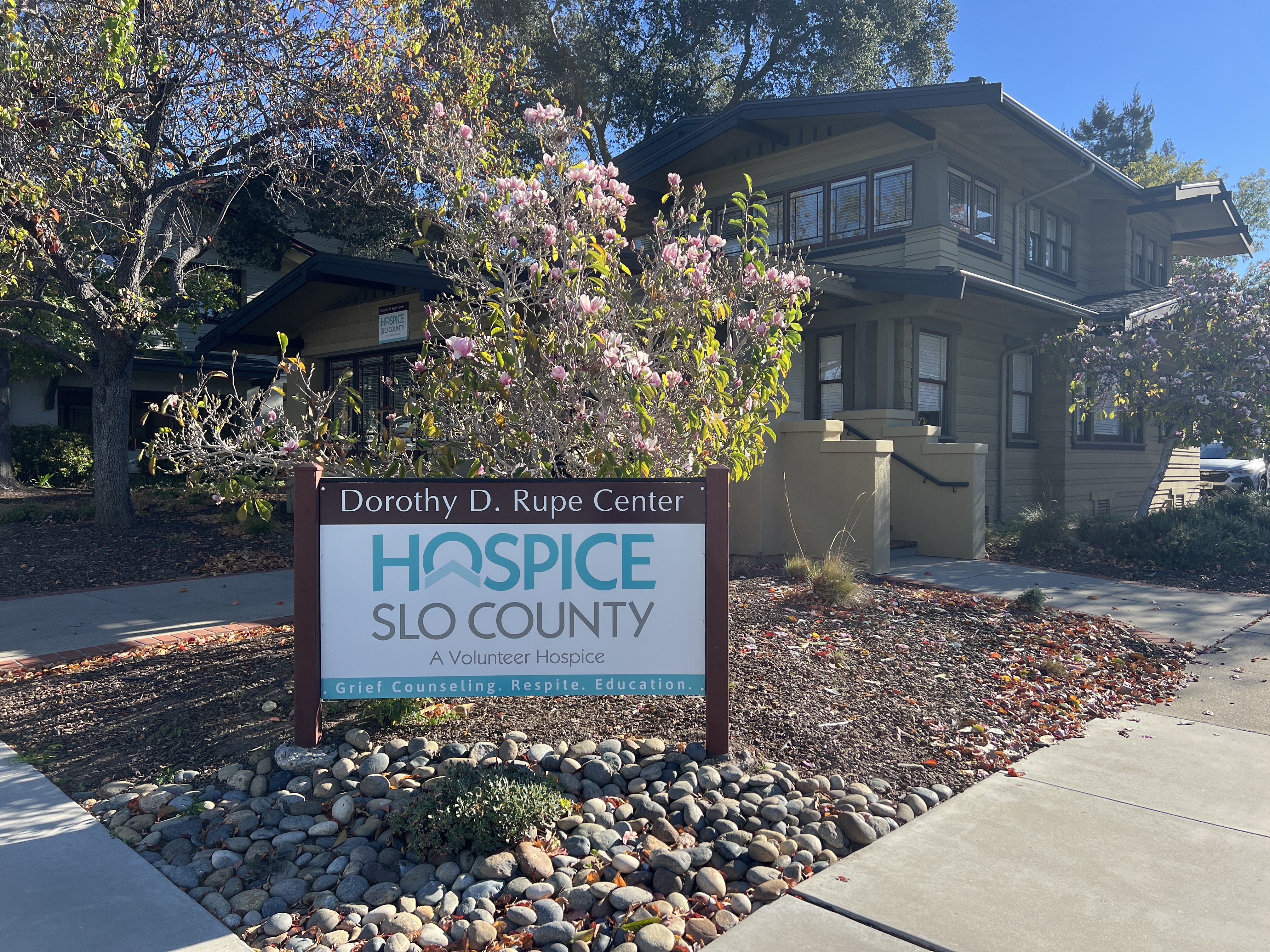Bruce Willis Diagnosed With Rare 'Frontotemporal' Dementia

Bruce Willis' loved ones shared that the actor has a Frontotemporal Dementia (FTD) diagnosis. FTD can cause problems with speech, emotion, motor skills, gait, swallowing, and can cause personality changes. These symptoms tend to worsen over time. FTD is the most common form of dementia for people under 60. Bruce Willis' family shared that this is a challenging time for them but they are moving through it as a strong family unit focused on helping Bruce live as full a life as possible. They continue to keep him active every day and make sure both his body and brain are exercised.
Emma Heming Willis, Bruce's wife, shared her grief on social media by posting, "My grief can be paralyzing, but I am learning to live alongside it. My stepdaughter told me that grief is the deepest and purest form of love. I hope you find some comfort in that, too.
A family statement read, “While this is a painful illness to accept, it is a relief to finally have a clear diagnosis. Today there are no treatments for the disease; a reality that we hope can change in the years ahead. Bruce always believed in using his voice to help others and raise awareness about important issues. We know in our hearts that if he could, he would want to respond by bringing global attention to FTD and how it impacts so many individuals and their families.”
We applaud their willingness to share something so personal and vulnerable with the world. Even though this family has fame, fortune, and access to resources and support, they also struggle with the same devastating changes that many in our community are navigating.
Over 50% of our in-home clients have some form of a dementia diagnosis. Many can remain in their home because a spouse or partner is helping with their care. However, it is a reality that most spouses/partners are roughly the same age as the clients and have their own health issues.
Being the sole caregiver for a loved one takes a tremendous toll on the health and well-being of the caregiver. Researchers have suggested that the combination of loss, prolonged distress, the physical demands of caregiving, and biological vulnerabilities of older caregivers may compromise their own physical health. This can lead to an increased mortality.* In short, some caregivers may die before their loved one dies.
We have seen repeatedly, that the four hours of in-home respite care our volunteers provide weekly saves lives. Those four hours allow the caregiver time to attend medical appointments, get some exercise, and see friends. In addition to this respite care, our care manager makes check-in calls to monitor the resources needed. Just touching base and talking with the care manager helps the caregiver feel less alone. Caregivers report that this extra layer of support helps alleviate stress.
Bruce Willis and his family can obtain resources as money is not an issue but help is out of reach for many Hospice SLO County clients. Our free services remove the barrier to finding help. Plus, we do not require a doctor's referral and because we do not bill insurance, the intake process is less complicated.
We are proud to serve SLO County, and we also depend on SLO County. 100% of our funding comes from local donations, fundraisers, grants, and bequests. Your generous support allows us to train and send volunteers to help clients and their caregivers.
Together, we help make a heartbreaking situation better. Your support is vital to our success and to the longevity of our in-home services and counseling programs. Thank you!
*(https://pubmed.ncbi.nlm.nih.gov/10605972/)










